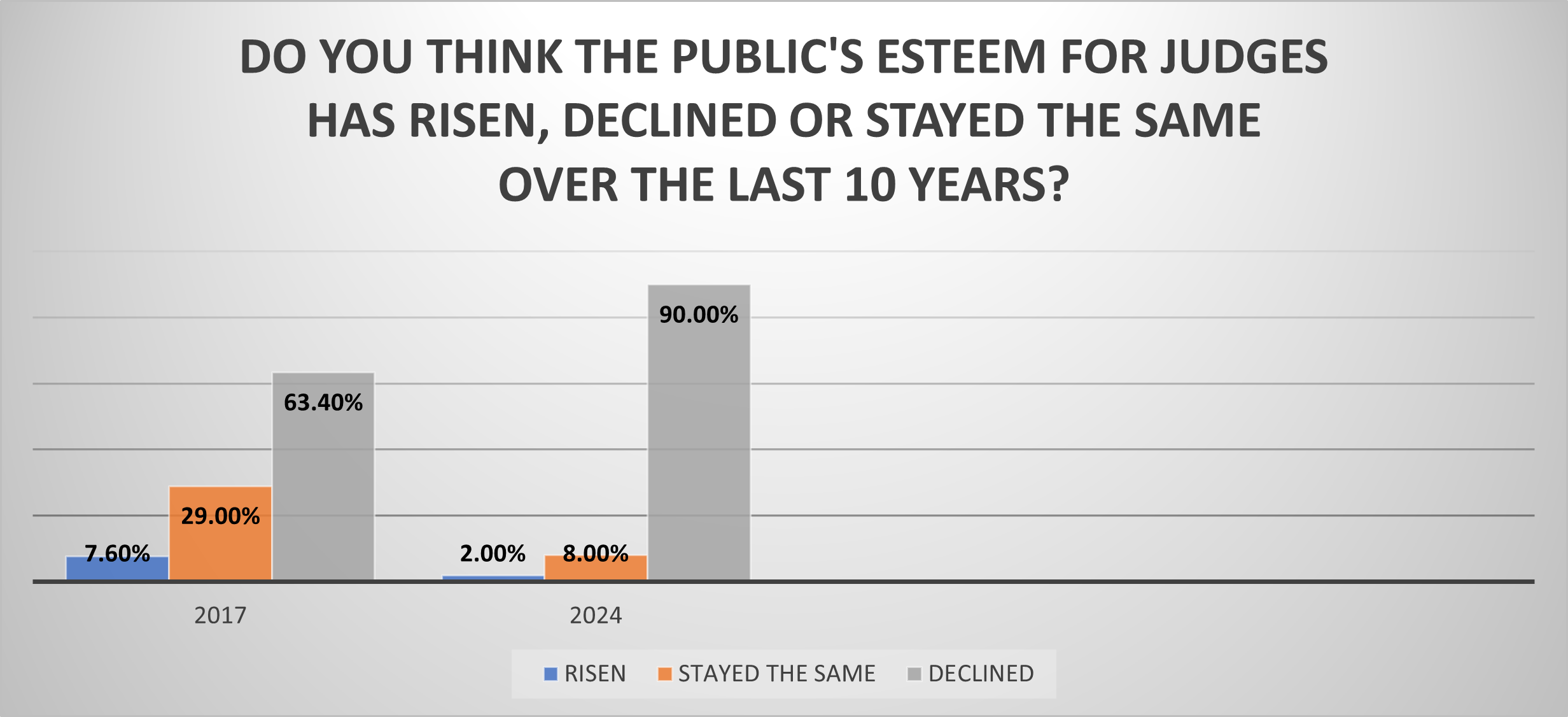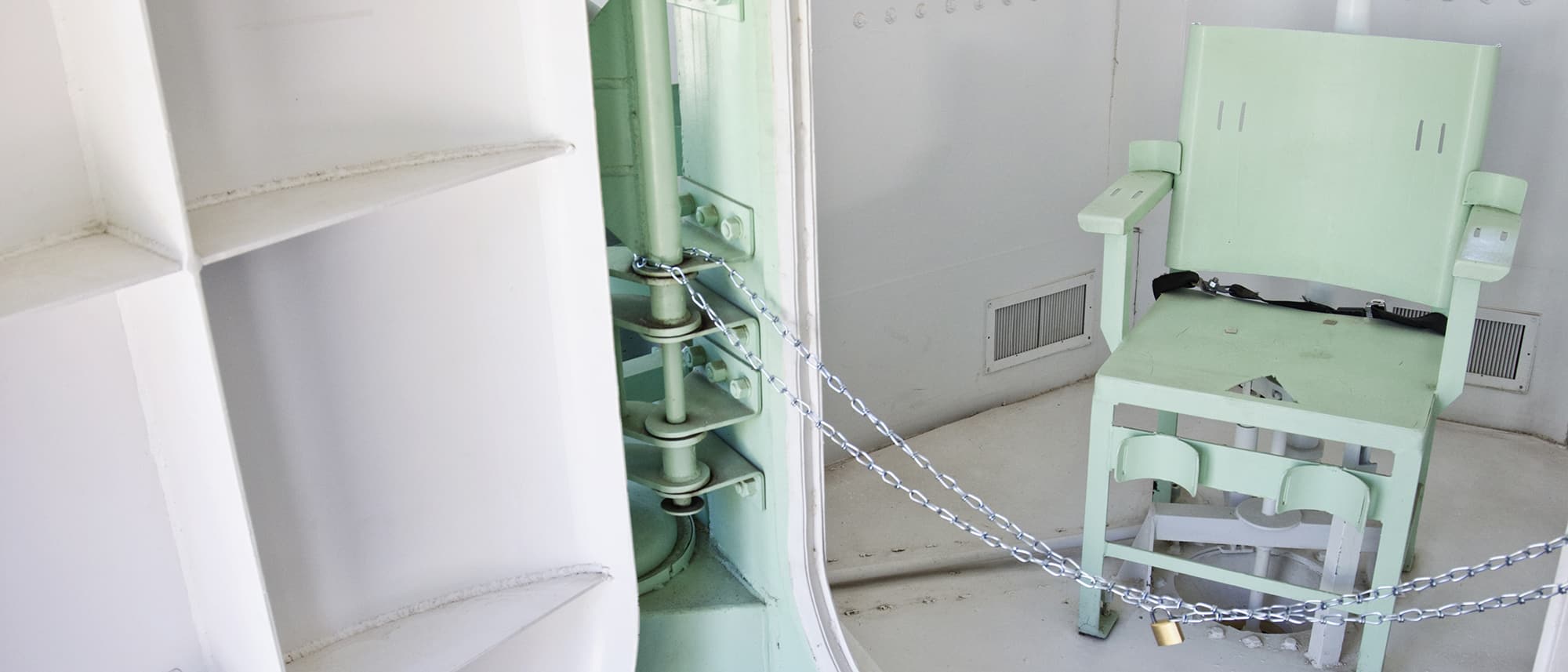

In an unfair world, parties expect a fair hearing. Federal and State Constitutions guarantee this right. Parties’ definitions of what is fair differ with their life experiences. The legally trained often frame their expectations in terms of whether procedural rules were satisfied, regulations observed or precedent applied. For others, their experience with an administrative tribunal may be the first and only exposure to a legal forum. In addition to a judge’s legal ability, most parties assess fairness in terms of communication style, professionalism and integrity.
As an administrative law judge with nearly twenty-five years of practice, I have developed an element-inventory that participants use to determine whether they had a fair hearing. I will share these reflections that have helped me center my activity on the bench and to control the course of the proceeding.
From the administrative appeal’s inception, it is important to engage in effective communication. Directions to the parties should be clear and logical. Parties who rarely appear before the tribunal are generally unfamiliar with legal terminology and specialized acronyms. These short cuts in communication can lead to misunderstandings, or worse, a party can feel like an outsider. It takes additional time to explain the procedure to the uninitiated, but the investment often results in a smoother hearing.
At the first conference, provide an opportunity for parties to introduce themselves and the roles they serve. An administrative law judge may be familiar with most participants. Some litigants may not know each other and find themselves alienated from the process if a judge overlooks introductions.
Consistent with this theme, it is crucial that a litigant who has limited proficiency in the English language be provided adequate signing or interpretive services to fully participate in a hearing. As a practice tip, it is important to identify this need as early as feasible during the pendency of the appeal. When necessary services are provided earlier in the administrative process, there is a reduced need for rework.
It is paramount that administrative law adjudicators be professional at all times. Undeniably, this includes treating all people with courtesy and respect. Hearings officers earn respect by showing respect to others. Commonly, this theme manifests in the need to exercise self-control and patience with intransigent participants.
The administrative law judge’s integrity reflects on public confidence in the agency’s appellate system. It is axiomatic that hearings officers must avoid the appearance of impropriety. This notion incorporates adjudicating cases on the law and the facts presented in a properly preserved record. Appellants are cynical of resolutions determined by factors outside the record. Litigants’ confidence in the administrative process is heightened when they are afforded ample time to present their case. Correspondingly, judges must be attentive to the proceeding. All cases are equally important to the parties in that appeal. When a judge is not fully immersed in the hearing process, litigants do not trust that they are heard.
Conducting a fair hearing includes basic administrative considerations:
- Respect for litigants’ time is demonstrated by punctually, appropriately enforcing deadlines and ensuring a complete record.
- Time management is a critical component for parties awaiting a decision.
- When available, telephonic or video conferencing is a viable means to manage the proceedings in an impartial and efficient manner.
Administrative law judges and hearings officers must interweave constitutional due process with common rules of civility. When this occurs, a fair hearing will not only withstand a legal challenge, but will be perceived as fair by the litigants.
More instruction on this topic can be found in the NJC’s Administrative Law: Fair Hearing course, August 17-27, 2015 in Reno, NV.

This month’s one-question survey* of NJC alumni asked, “How is 2024 shaping up for you and your court?�...

RENO, NV (PNS) – As they eye their inaugural football season this fall, the Gaveliers have question marks...

RENO, Nev. (March 8, 2024) — In what may reflect a devastating blow to the morale of the judiciary, 9 out...

In what may reflect a devastating blow to the morale of the judiciary, 9 out of 10 judges believe the publi...

RENO, Nev. (Jan. 26, 2024) — The nation’s oldest, largest and most widely attended school for judges �...